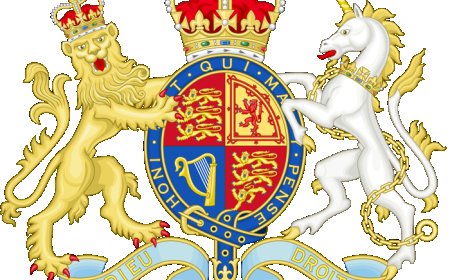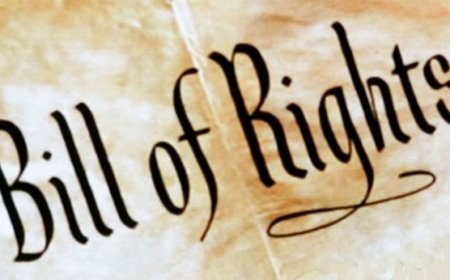Food recall: Morrisons shoppers warned as supermarket discloses major labelling error
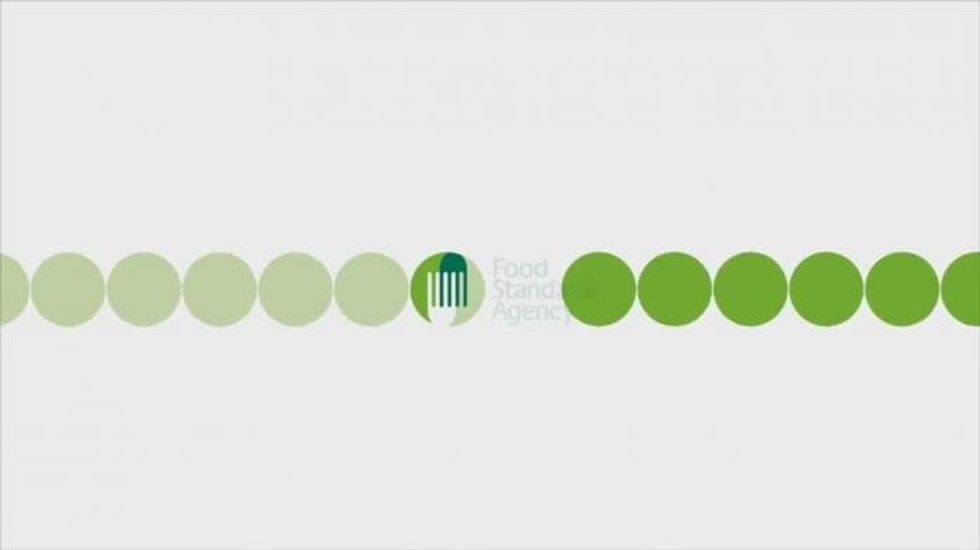
Morrisons has pulled its Savers Salad Cream from shelves after a labelling mix-up that could put allergy sufferers at risk.
Suppliers mistakenly gave the 420g bottles labels meant for Savers Tomato Ketchup, meaning shoppers cannot access crucial allergen warnings.
The error means egg and mustard ingredients aren't listed on the affected products, creating a serious concern for anyone with these allergies.
The affected bottles carry a batch code of L25 122 and have a best-before date of August 2026.
Both Morrisons and the Food Standards Agency (FSA) have stepped in to alert shoppers about the potential danger.
The Food Standards Agency confirmed both allergens are present in the salad cream, but aren't mentioned anywhere on the mislabelled packaging.
"This means the product is a possible health risk for anyone with an allergy or intolerance to egg and/or an allergy to mustard," officials warned.
Customers were advised not to eat the product if they had already bought it. This is especially important for those who are allergic or intolerant to eggs or mustard.
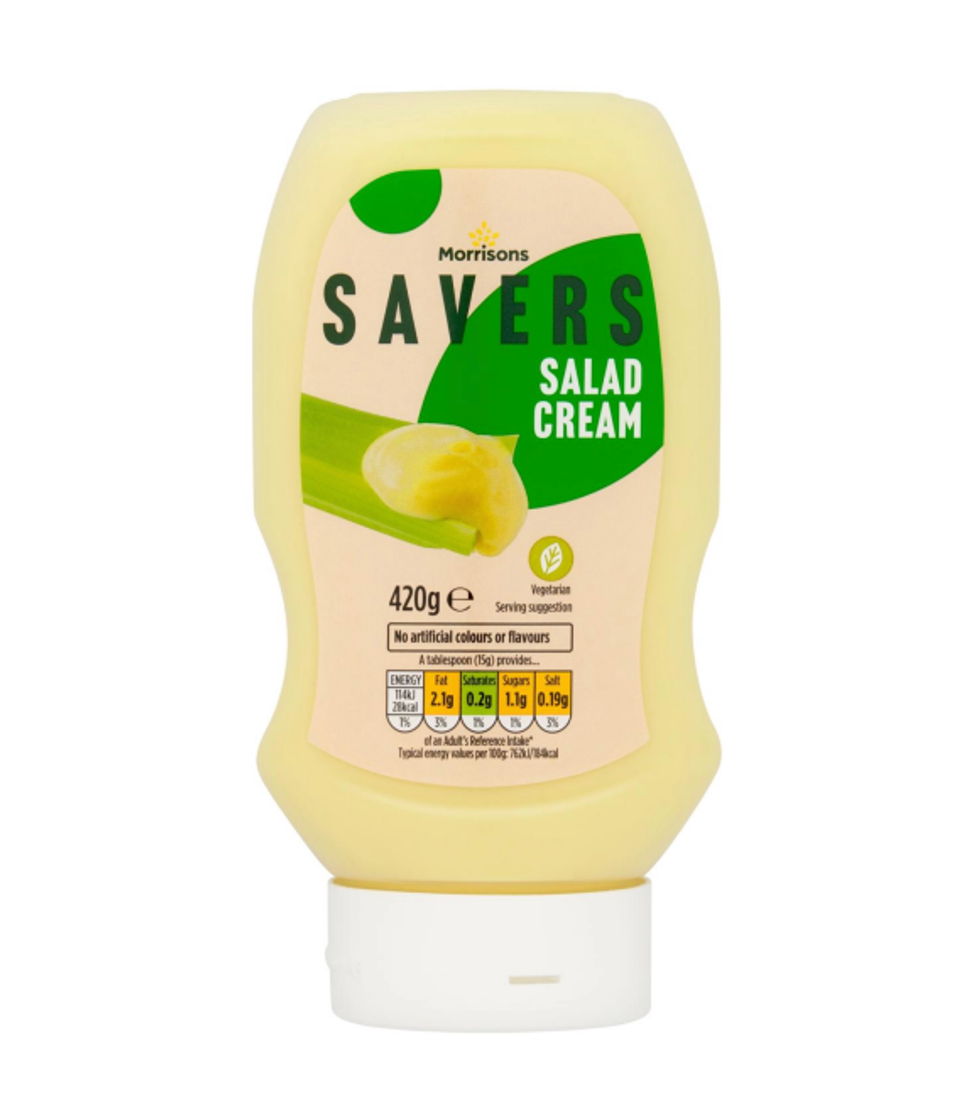
Those who have purchased the impacted Morrisons Savers Salad Cream should take it back to any Morrisons store for a full refund, with or without a receipt.
The supermarket apologised for the inconvenience and assured customers that no other products were affected by the labelling problem.
It has also contacted allergy support groups to inform them about the recall.
Allergy UK provides comprehensive guidance on both mustard and egg allergies, including symptoms, diagnosis, and diet considerations.
LATEST FOOD NEWS:
- 'May contain metal!' Lidl shoppers called to action as sweet snack is ruled 'unsafe to eat'
- Aldi presents biggest-ever Christmas sandwich range, including 'everyone's favourite festive treat'
- Morrisons issues fresh update on Kids Eat Free scheme ahead of October half-term
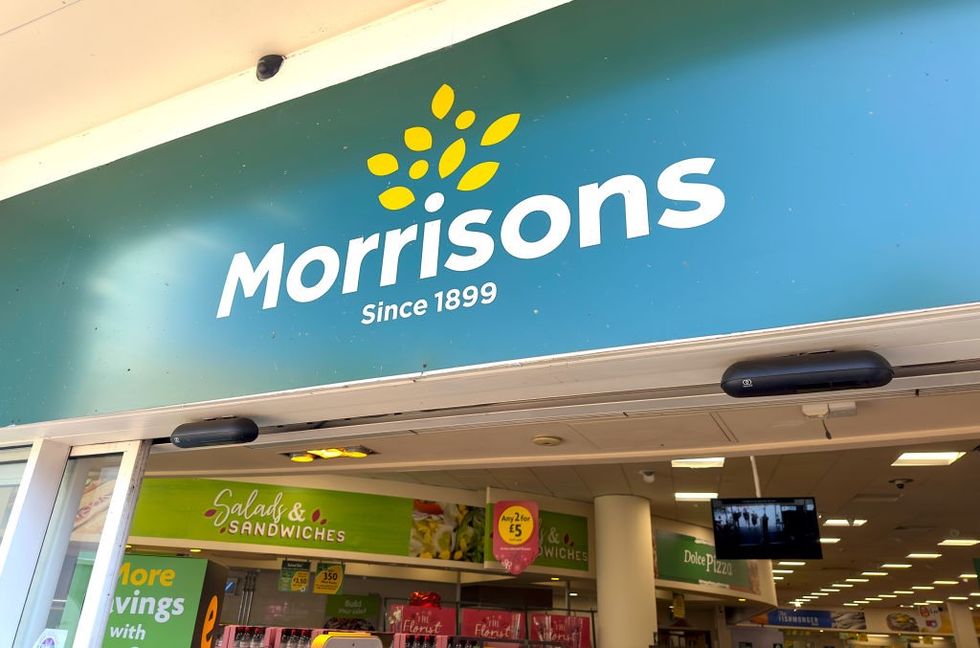
Mustard allergy
"Mustard allergy can affect people of any age. As with any food allergy, the signs and symptoms can vary and will affect people differently.
"Allergy symptoms that have been reported in mustard allergy range from mild symptoms such as pollen food syndrome, hives, and vomiting to the most severe form of an allergic reaction (anaphylaxis) requiring the use of adrenaline."
Egg allergy
"Most reactions to egg are mild, and symptoms are seen soon after eating egg or foods containing egg. Babies will often show reluctance or refuse to eat the egg. If an egg comes into contact with the skin around the mouth, it can cause a local reaction, which is seen as a rash and may include redness and raised red bumps that are called hives.
"Other allergic symptoms affecting the skin include swelling to the lips, eyes and face. The stomach may also be affected, and vomiting is common, as well as stomach ache/cramps and loose stools (diarrhoea). Egg allergy can also cause eczema flares.
"Severe (anaphylaxis) allergic reactions to egg are less common but possible and affect the breathing and may be seen as a cough, noisy breathing (wheeze) and circulation, which results in them becoming pale and floppy (babies and small children) or older children and adults who feel dizzy and may lose consciousness."
All cases of anaphylaxis should be treated as a "medical emergency", warns Allergy UK.
Morrisons' recall comes as several major supermarkets issue allergy alerts.
Just last week, Aldi removed multiple items from shelves after discovering they contained a range of undeclared ingredients.
Meanwhile, Marks & Spencer released a "do not eat" alert when a similar discovery was made.
Tesco shoppers were also urged to check their kitchens after wheat (gluten) was found in a Free From product.
About allergy alerts
The FSA explained: "Sometimes there will be a problem with a food product that means it should not be sold.
"Then it might be 'withdrawn' (taken off the shelves) or 'recalled' (when customers are asked to return the product).
"Sometimes foods have to be withdrawn or recalled if there is a risk to consumers because the allergy labelling is missing or incorrect, or if there is any other food allergy risk.
"When there is a food allergy risk, the FSA will issue an Allergy Alert."
Our Standards: The GB News Editorial Charter
What's Your Reaction?
 Like
0
Like
0
 Dislike
0
Dislike
0
 Love
0
Love
0
 Funny
0
Funny
0
 Angry
0
Angry
0
 Sad
0
Sad
0
 Wow
0
Wow
0








